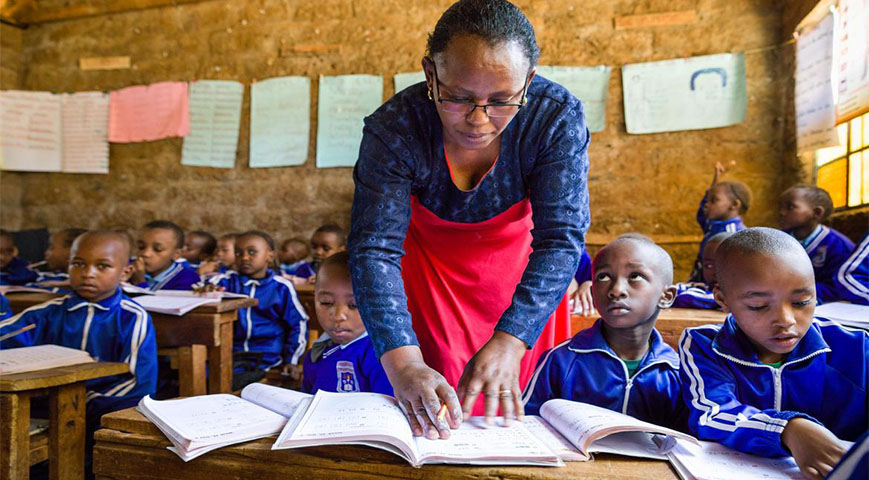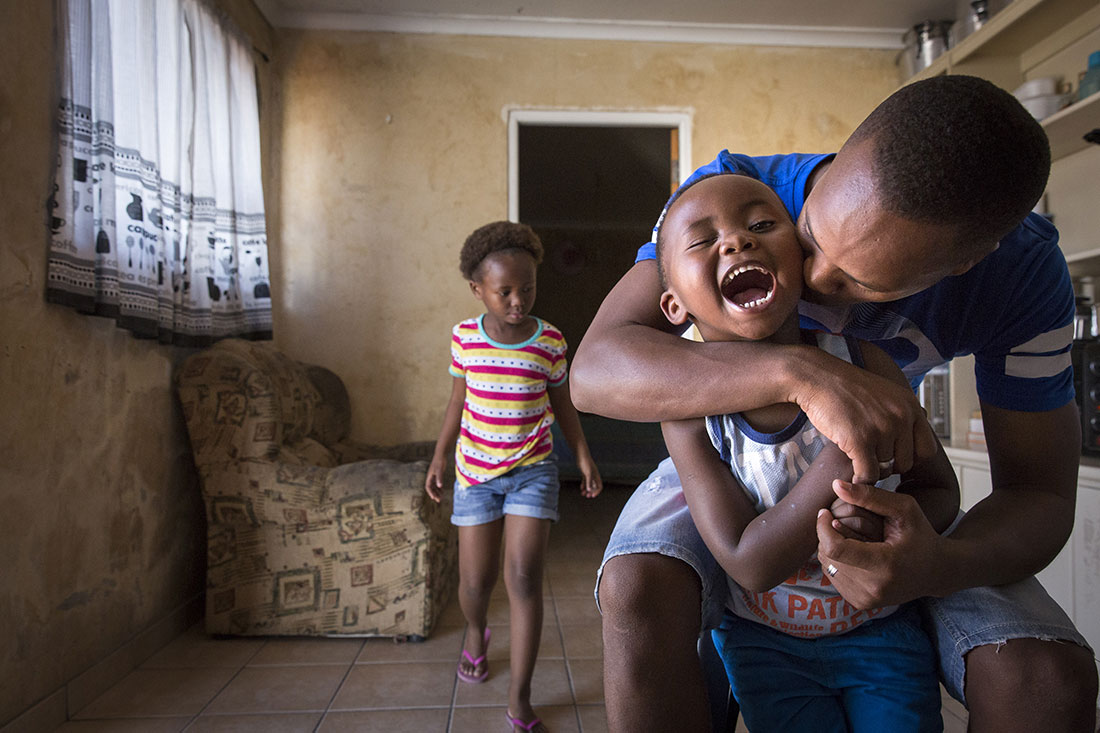Parenthood is one of the most difficult tasks anyone can do, and mistakes are common. Some mistakes, however, can have long-term consequences for kids, making their lives more challenging in the long run. here are some parenting mistakes parents make
1 being overprotective
Overprotective parents attempt to restrict their children's independence, which can cause various issues. Overprotected children might not acquire vital abilities such as problem-solving, decision-making, and self-confidence. Overprotection can also cause children to lack self-assurance, as they may doubt their skills.

2 emotional neglect
Emotional neglect can also result in various issues, including low self-esteem, anxiety, depression, and trouble establishing healthy relationships. Parents can prevent this error by sharing time with their kids, listening to them, and showing them love.
3 frequent criticisms
parents frequently criticize their children excessively, which can be detrimental. While constructive criticism is necessary for development, excessive criticism can demoralize and harm a child's self-esteem. Frequent criticism may result in a hostile atmosphere in which children find it difficult to interact with their parents.
Criticism can lead to a kid developing a negative self-image because they may feel inferior. Instead, when their children do this, parents should concentrate on praising them.

4 Excessive spoiling
Excessive spoiling a kid with goods or yielding to every person's expectations can have a negative impact. Children who are empowered as they grow can develop empathy, gratitude, and the ability to postpone gratification in the face of adversity. Overindulgence can also lead to the absence of discipline, making it difficult for children to follow the rules and limits later in life.
5 Inconsistency
Inconsistent parenthood may confuse kids, making it hard for them to understand the difference between right and wrong. If you establish rules and limits but do not consistently enforce them, your kid might not consider them very seriously. On the contrary, the kid may be confused if you become excessively harsh and strict one day and too lenient and soft the next.












